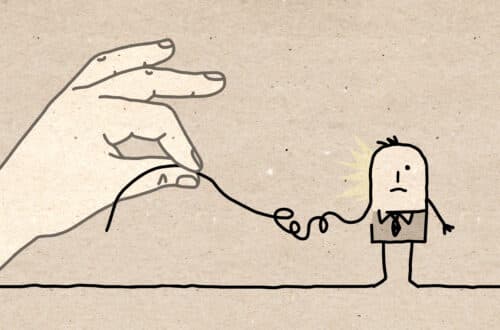- Home
- Resources
- Worksheets
- Article
Deconstruct Your Fears With This CBT Guide

Deconstruct your fears by logically examining them. Then, you can prepare to deal with the worst case scenario, should it arise. This approach to engaging with your worries comes from cognitive behavioral therapy, aka “CBT.”
Who can this fear deconstruction worksheet help, and how?
This worksheet is good for people who have experienced:
- Anxiety
- Overwhelm
- Trauma
- Financial anxiety
- Work stress
- Panic
- Social anxiety
- Existential crisis or dread
If you have a plan for the worst case scenario, then it becomes easier to take a chance on the best case scenario.
Need motivation?
“Question and deconstruct your fears. What am I scared of really? How much does it matter?” – Dr. Anita Hada
“Learning to soberly and methodically deconstruct your fears is an essential skill for reaching your goals and realizing your dreams.” – Richelieu
“Of course, we think fear is a necessary tool for survival, keeping us alert to danger so that we may be prepared for it. But ultimately, it becomes a brutal dictator, forcing us to be in constant battle-ready mode, consuming us with fantasies of threat and perils that, in the end, become our only real problem.” – Todd E. Pressman, PhD
“CBT changes brain structures” associated with pain catastrophizing. – Dr. Geralyn Datz
Related worksheets
Contact Us
For anonymous peer-to-peer support, try a chat.
For organizations, use this form or email us at info@supportiv.com. Our team will be happy to assist you!

